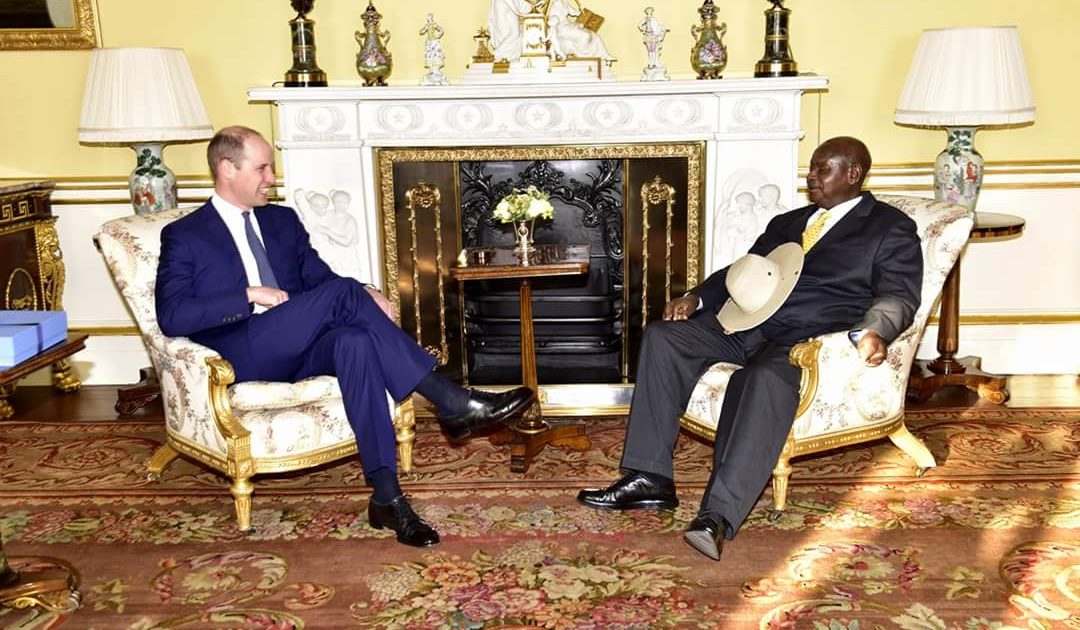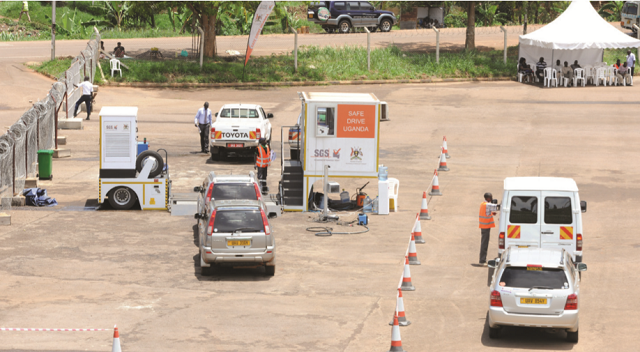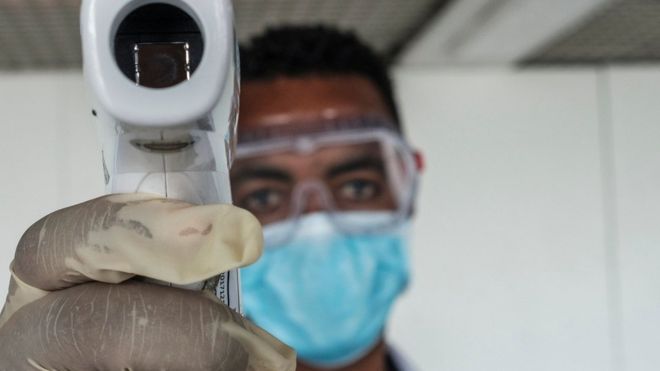Under President Yoweri Kaguta Museveni, Uganda has experienced a period of stability and growth. In this interview published in the UK’s Daily Telegraph, the president lists the long-term challenges that need to be tackled to fuel national growth and discusses opportunities for British investors as they seek out new markets in Commonwealth countries in a post-Brexit scenario.
You were re-elected for a fifth term in 2016 with more than 60 percent of the popular vote. What are your top priorities for the upcoming years?
Our priorities are not annual; rather, they are strategic priorities aimed at transforming a pre-industrial economy and society into an industrial one. Several years ago already we identified 10 strategic bottlenecks that need to be dealt with in order to achieve this goal. The first bottleneck we need to eliminate is sectarian ideology, which has been part of Uganda’s problem in the past; we need to emphasise the interest of the people rather than the identity of the people, whether this identity is defined by religion or by ethnicity. Once you deal with that, you can easily build a capable state with a police force, a civil service, a judiciary and state structures.
Another bottleneck is underdeveloped infrastructure. How will the private sector thrive without electricity or piped water, and with high transport costs? This makes the cost of production in the economy go up. This makes attracting investments, so as to expand production and create jobs, more difficult. The next bottlenecks are the under-development of education and health, which affect the quality of our human resources. Underdeveloped service sectors and agriculture are also challenges that we must address. In the 1960s and 1970s, there was a mistake of nationalising private sector assets, and that interference has been another bottleneck. When you deal with these issues, you attract the private sector. The private sector is the most efficient engine of growth.
You also view the fragmentation of the African market as another bottleneck…
Yes. Another issue is the fragmented African market on account of colonialism. The 53 former colonies, the modern African states are, individually, small markets, which would have an easier time attracting investment if they were larger. If you’re going to develop the country and encourage private sector growth, you have to consider where this sector is going to sell its products. Uganda has a population of 40 million, which is good but not enough: we need more buyers, so we need an integrated market. Fortunately, we have done a good job on this front by creating the Economic Community of West African States (ECOWAS), The East African Community (EAC), the Common Market for Eastern and Southern Africa (COMESA) and the Southern African Development Community (SADC). We are aiming at the common market of the whole of Africa. The growing purchasing power of Africa would have attracted more investments if the African market was really integrated.
Since 1986, when you were first elected, Uganda’s GDP has multiplied by a factor of six. How much potential remains for Uganda to continue growing at such a fast pace?
The GDP grew over six times in spite of the bottlenecks. So by removing these, the economy can grow much faster. All that growth took place without electricity, and when borrowing costs were high. Now, we have made electricity cheaper and borrowing costs are lower, so growth is going to be much faster.
In 2007 Uganda hosted a successful Commonwealth Heads of Government Meeting (CHOGM), and you will attend the 2018 CHOGM in London. How would you describe the value of the Commonwealth and Uganda’s role in the community?
The Commonwealth is a potent international organisation, and one of the few world meetings that I attend without the inconvenience of speaking through translators. One of the key notions we continue to discuss is TTI: Trade, Tourism and Investment. This can be applied to the UK and Uganda: we can trade goods and services, we can exchange tourists, and we can also have business investments. Intensifying this relationship would be mutually beneficial.
How would you evaluate Uganda’s current bilateral relationship with the UK?
Our relationship is very good. With our historical ties, the shared language, and unique opportunities available in Uganda, we will continue to cultivate that relationship. Because of Brexit, the British government is advising its people to be more active in identifying business opportunities in Commonwealth countries, and we are happy with that.
The UK Prime Minister’s Trade Envoy, Lord Dolar Popat, recently led a trade mission to discover Uganda as a trade destination. Where do see the greatest potential for increased cooperation?
The greatest potential is in TTI. Britain can sell products here and we can sell products to the UK; we can have more tourists coming here and our tourists going there; we can have British companies investing here to sell their products in the local market of Uganda and in the regional market of Africa, and in international markets as well, as we can send products to China. They can invest in raw materials, minerals, forestry and freshwater resources. They can invest here and sell locally, regionally, internationally or back in the UK.





